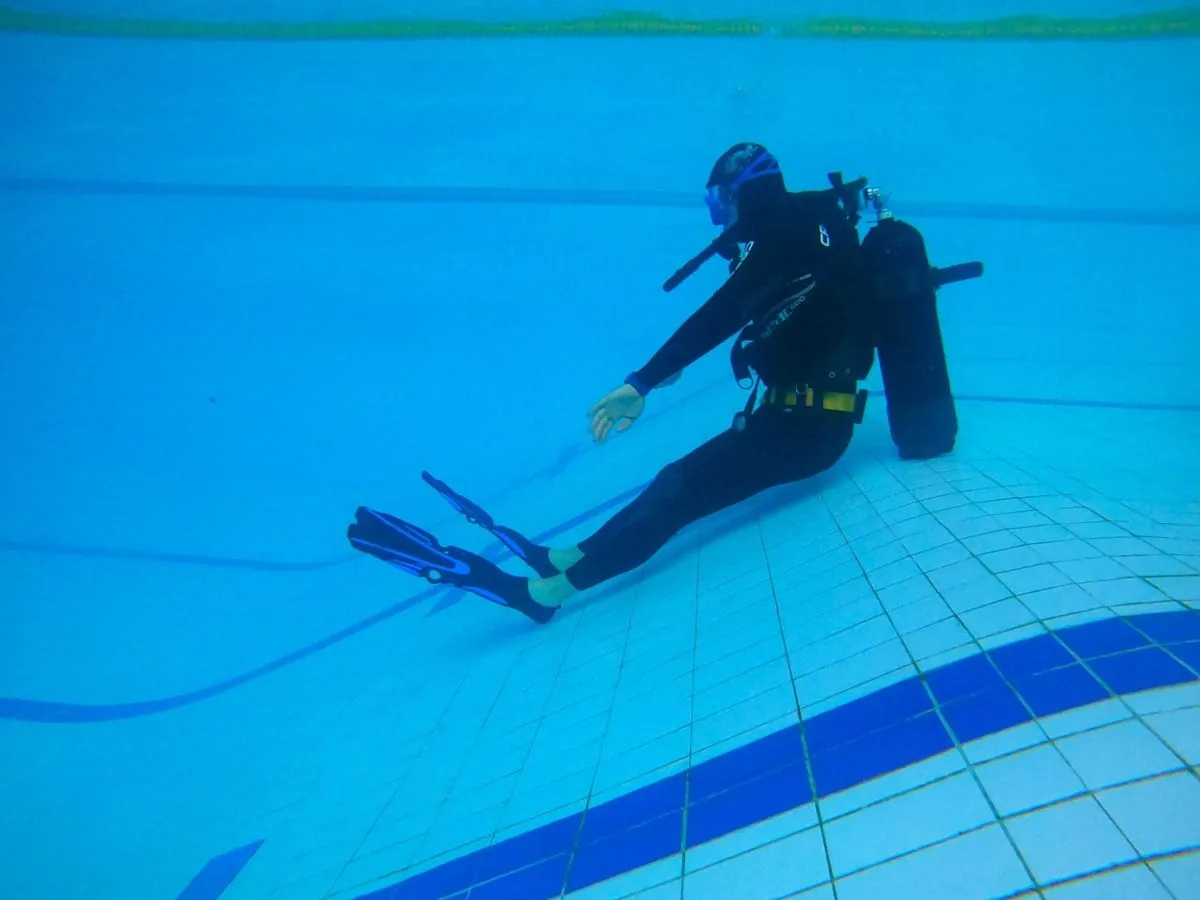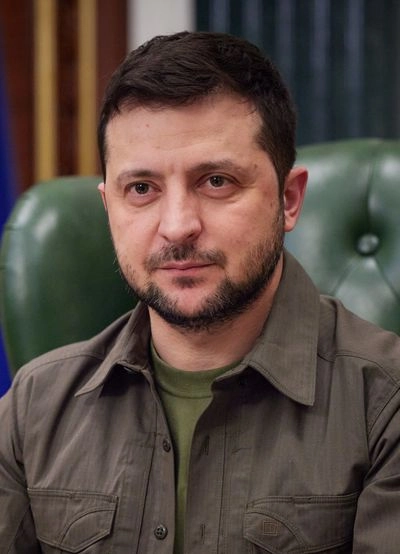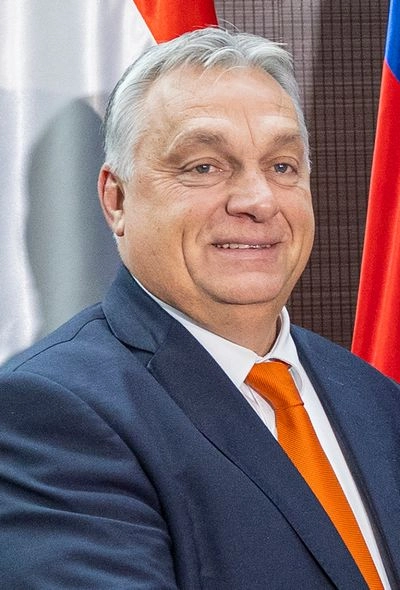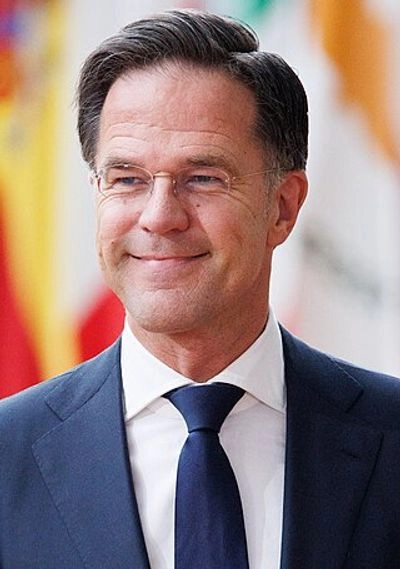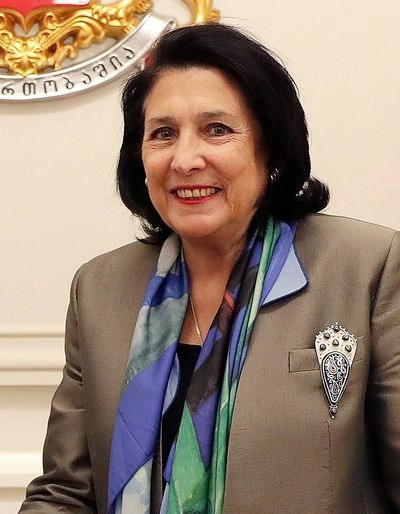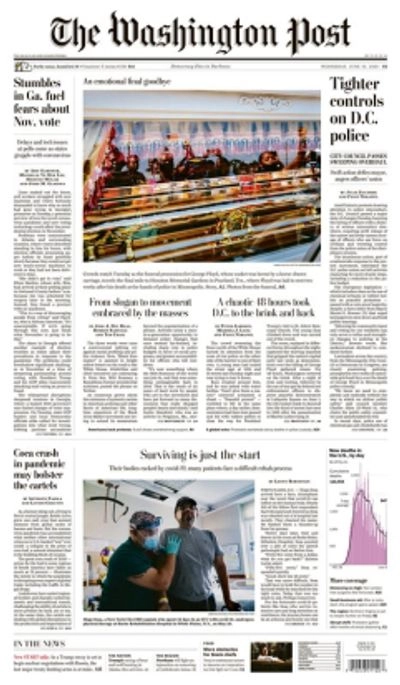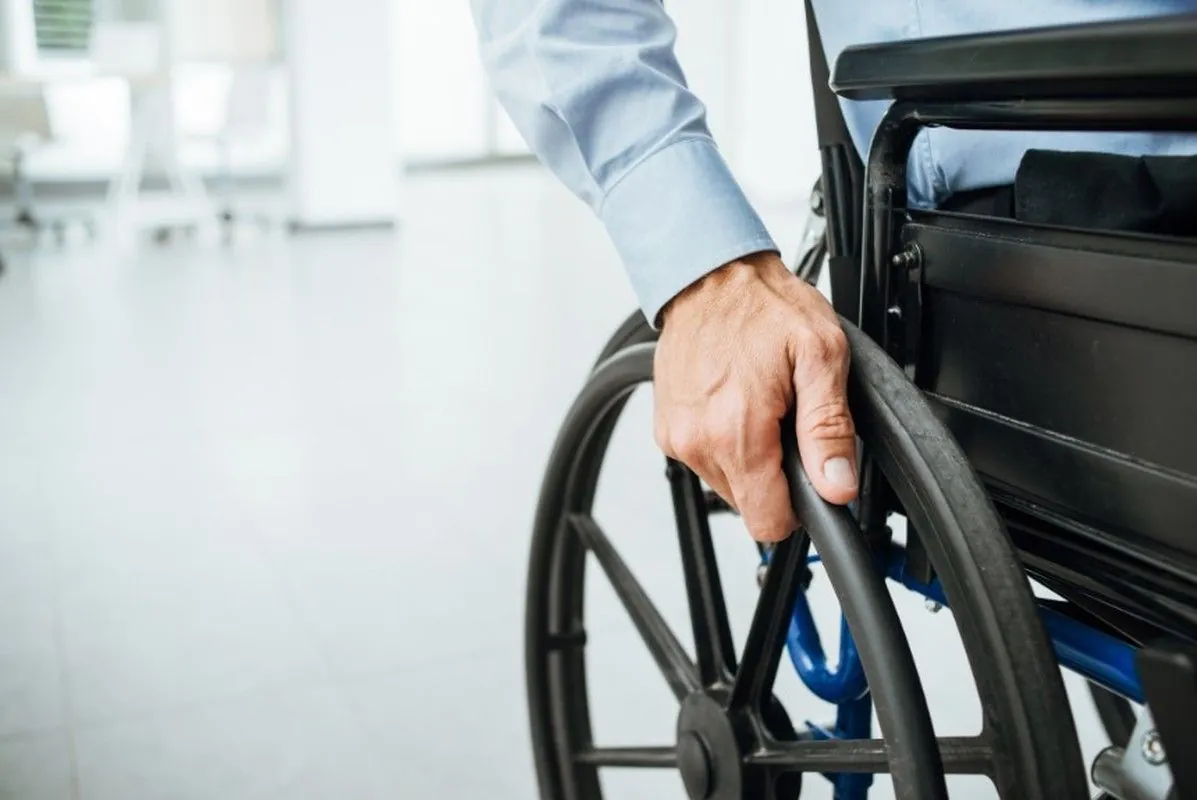
Accessibility in Ukraine: Is the country ready for the challenges of war?
Kyiv • UNN
Accessibility in Ukraine: Is the country ready for the challenges of war?
Due to the full-scale war unleashed by Russia, the number of people with disabilities in Ukraine is rapidly increasing. These are both veterans who were injured while defending our country from the occupiers and civilians who suffer from constant shelling by Russian terrorists. Providing them with proper and comfortable living conditions should be one of the main tasks of the Ukrainian authorities, along with defense and economic recovery of the state. Currently, the situation with barrier-free access in Ukraine remains difficult, despite some positive developments in recent years, UNN writes.
The increase in the number of people with disabilities caused by the war has further emphasized the importance of addressing this issue. "The number of people with disabilities has increased by more than 300,000, and we understand that these are mainly veterans who have lost their limbs," Larysa Bilozir, a member of the Verkhovna Rada Committee on the Organization of State Power, Local Self-Government, Regional Development and Urban Planning, told .
In her opinion, the issue of accessibility today has become not just a requirement for infrastructure, but a new social norm that reflects concern for people who have lost their health for the sake of the country.
According to Bilozir, today only about a quarter of public buildings in Ukraine meet barrier-free standards. "Although we all talk about this a lot, the statistics are still disappointing. Approximately only a quarter of public buildings meet the accessibility standards," said the MP.
Support of local authorities is important
The Brovary community is one of the positive examples of active work towards barrier-free accessibility. Mayor Ihor Sapozhko notes that the city is developing a program to install lifts for people with disabilities in apartment buildings, which is designed to last for 4-5 years.
"We decided to go with mechanical or electric lifts, as it is not always possible to completely replace the concrete part to equip ramps in old buildings," explained the mayor of Brovary.
The community is also actively working to adapt public spaces. As part of the reconstruction of the city park, areas for people with disabilities were set up, and lifts were installed in lyceums to access bomb shelters. All public institutions in the city are equipped with ramps, and shopping centers have elevators and hygiene rooms.
"All public institutions are accessible to people with disabilities, including lyceums with lifts and ramps. The children's rehabilitation center also has the necessary equipment," said Olena Akopyan, an advisor to the mayor.
She uses a wheelchair herself and notes that in recent years Brovary has made significant progress in terms of barrier-free accessibility. She believes that Brovary's experience can be useful for other cities, as the city government actively cooperates with local residents and NGOs to ensure inclusivity.
Europe is still a long way off
Despite the positive changes, social policy expert Andriy Pavlovsky emphasizes that the situation with barrier-free access in Ukraine is still far from European standards.
"We have not even reached the minimum European level. You can see ramps in the city centers, but there are no ramps on the outskirts," the expert said. He emphasizes that there are almost no state programs to finance such initiatives, so the main burden falls on local budgets.
To improve the situation with barrier-free accessibility, for example, draft law No. 5344-d is being developed, which will oblige state bodies to employ people with disabilities. "This will definitely give an impetus to the understanding that this is important and necessary right now," believes Serhiy Hryvko, chairman of the Verkhovna Rada Subcommittee on Social Protection and Rehabilitation of Persons with Disabilities and Regulation of the Activities of Their Enterprises and Public Associations.
In the current environment, it is important not only to ensure accessibility at the level of public facilities, but also to involve business and public organizations in this process. There is still a lot of work to be done, but experts say that rapid change requires significant resources and the willingness of society to recognize barrier-free access as one of the main social values.
Thus, the creation of a barrier-free environment in Ukraine will not only improve the living standards of people with disabilities, but also facilitate the integration of all social groups into public life.



